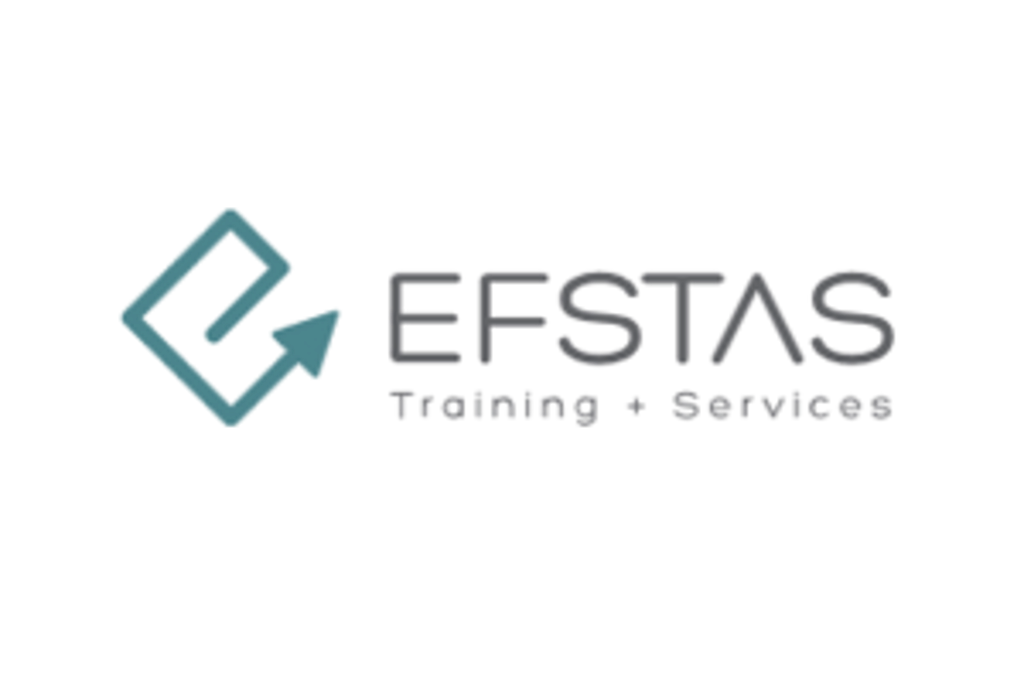
EFSTAS (formerly ProSalus Ltd.) is an accepted course provider of the TÜV Rheinland Functional Safety Program.
The aim of this training is to understand:
- The principles and concepts of the internationally agreed standards IEC 61508 and IEC 61511 for safety instrumented systems (SIS) including competency requirements.
- Hazard identification and the hazard and operability (HAZOP) process including understanding the sequence of events leading to the hazard.
- Risk, using tolerable risk targets for safety, asset and the environment to demonstrate how reducing risks to as low as reasonably possible (ALARP) is achieved by applying semi quantitative methods such as risk matrices and layers of protection analysis (LOPA).
- Correctly developing the Safety Requirements Specification (SRS) to ensure the requirements are auditable, testable and written for ease of understanding.
- How to design safety-instrumented systems for protecting against process related hazards using the techniques and measures in IEC 61508 and IEC 61511 including developing lifecycle procedures (e.g. maintenance, inspection and testing).
- The technical information required on all system components including extracting reliability data for the application from manufacturers certificates, reports and identifying key FS requirements.
- SIL demonstration calculations such as probability of failure on demand (PFD), safe failure fractions, hardware fault tolerance, common cause failures and proof test interval determination.
- Requirements for proven in use evidence for existing installed equipment.
- Requirements for Installation and commissioning and the validation documentation to demonstrate that systems have been fully tested checked and approved against the safety requirements specification.
- Requirements for maintaining and operating the SIS including proof testing, inspection, management of change, impact analysis, management of overrides, recording of plant maintenance data for proven in use evidence.
Target Group
Instrument, Electrical, Mechanical, Operator, Process and Safety Technicians, as well as Operating and Maintenance personnel who are involved in any of the lifecycle phases for safety instrumented systems from hazard and risk assessment, design, installation, commissioning, validation, operations and maintenance.
Agenda
Requirements
In accordance with the TÜV Rheinland Functional Safety Training Program:
- A minimum of 2 years experience working with Safety Instrumented Systems.
- Vocational Certificate in a relevant engineering discipline or equivalent experience and responsibilities as certified by employer.
Exam
A three (3) hour two part competency examination compromising:
- Part 1 = 30 multiple-choice questions (2 marks each question);
- Part 2 = 10 multiple part questions (4 marks each question).
The pass score criterion is 75%.
Information
The TÜV Rheinland Functional Safety Training Program is a unique opportunity to provide certified evidence of competency in functional safety from an internationally recognised organisation.
The FS Technician (TÜV Rheinland) certificate demonstrates competency in the fundamentals of Functional Safety and provides a skill set that is transferable from one work situation to another and enables staff to fulfill responsibilities and to perform activities to recognised standards of competence on a regular basis, in order to:
- reduce risks,
- satisfy legal and regulatory requirements,
- meet the organisation’s business objectives,
- enable the organisation to meet contractual commitments.

